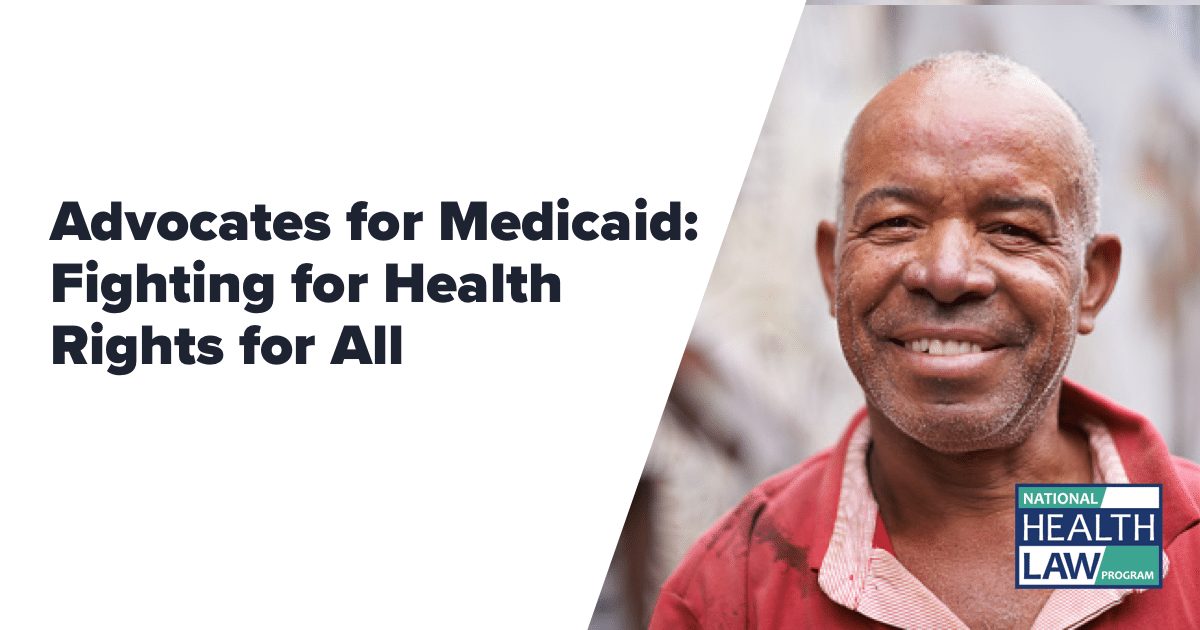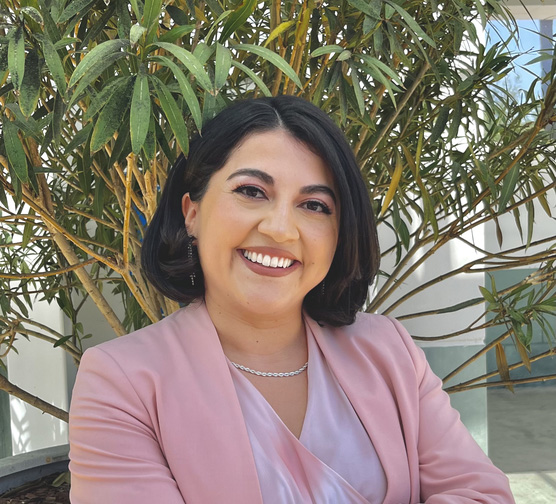How Partners in Illinois Incorporated community members in Health Care Advocacy
By : Nadeen, Carrie, and Stephanie Altman
This is a blog that is part of the Working Better Together series. It was written by Nadeen, Senior Vice-President of Policy and Advocacy, AIDS Foundation Chicago; Carrie Chapman Senior Director of Policy and Advocacy, Legal Council for Health Justice; and Stephanie Altman Director of Healthcare Justice, Shriver Center on Poverty Law. This blog series was created to give our Health Law Partnerships partners and advocacy partners a platform to share their successes, challenges and innovative approaches in advancing health access and equity in the states they work. The “Medicaid Experiences Project” referenced in this series of blogs is a collaboration between the National Health Law Program (NHLP) and eight state-based organizations that provide legal aid. The purpose is to better understand the direct experience of individuals as enrollees and applicants for Medicaid and advocate for improvements.
The Illinois Medicaid Monitoring Project partners continued collecting stories from people with experience in the Medicaid program during the third year of the project. We also looked for ways to continue building relationships with community members through advisory councils of state agencies and organizations. These relationships have given impacted people the opportunity to advocate directly for themselves and their community with decision-makers. We have created opportunities for continued advocacy through storytelling showcases, community advisory boards and nominations to state agency advisor committees. People with Medicaid experience received advocacy and storytelling workshops and were included in a variety policy settings, including testifying at government advisory boards, participating in organizational strategic planning and speaking at media events. The trainings were centered around choosing and developing a story that Medicaid members wanted tell about their experience in obtaining specialty services through the Medicaid program, such as behavioral health and dental care. The storytelling trainings culminated on July 10, 2024 in a storytelling showcase where four storytellers presented their 5-6 minute stories to a virtual audience that included community members, Medicaid advocates, and at least two IL Medicaid Agency leadership-level staff. Shortly after the storytelling showcase, one of the Medicaid members was invited to participate in a state Medicaid taskforce to advice on policies and practices for reaching out to people in institutional care settings, to ensure they know their options and have assistance in transitioning out of institutional care into the community (with supports).

A second opportunity also presented itself for two of the four storytellers to share their experiences in obtaining behavioral health services while on IL Medicaid, as part of a project the state Medicaid agency is working on. The project aims to identify contract language changes that are specific to behavioral healthcare services within IL Medicaid Managed Care contracts. This is because the IL Medicaid Managed Care contract is up for rebid by 2025. As part of the listening sessions that the IL Medicaid agency hosts, we will be partnering with storytellers in order to prepare them for sharing their experiences with Medicaid managed care in IL. These listening sessions are part of the IL Medicaid Agency’s preparations to rebid the Medicaid managed care contract in 2025. The CMS final rule, which was released in April of this year, included the requirement for each state to establish a Beneficiary Advisory Committee. The Medicaid storytellers will work with AIDS Foundation Chicago and Legal Council for Health Justice, as well as other Medicaid advocacy groups, to strategically reach out to the IL Medicaid Agency to partner in setting up the BAC. She shared her story and helped us collect stories from people on Medicaid in the past three years. She is also the personal attendant of her partner, funded through the Illinois DORS Disability Home and Community-Based Waiver Program. She works at the IMAN Center, which is located on the southwest side Chicago. She works primarily with a Black community as well as Arab Americans and Muslim immigrants. Many of them speak Arabic or other languages as their first language. She has collected multiple stories from her patients about the barriers people with Medicaid face when renewing their Medicaid, getting access to services and finding providers. Medicaid asked community members and providers to provide feedback about the messaging and communication materials for the Public Health Emergency Unwinding. Donica contributed to the development of these materials in multiple languages for outreach and education based on her experience. She has also served as a COVID vaccination navigator in her local community. Her partner has faced multiple challenges in obtaining the necessary services and support. She contacted us most recently to help her advocate for the installation of a wheelchair ramp in her partner’s home so that he could use his wheelchair to get to doctor’s appointments. We helped her connect with a MCO Care Coordinator after the waiver staff was not helpful. She advocated for both herself and her partner in order to get covered. They have worked to improve access to community-based services, prescription drugs and home-based services. As an example, some storytellers spoke at different legislative hearings, media and town halls about the Healthcare Protection Act, which included provisions to prevent step therapy in Medicaid which restricts access medically necessary prescription medications. The agency explicitly requests input from Medicaid members, not just advocates. This is a great step, but it highlights the need for a bridge between state staff and members. Our experience of engaging members based on lived experience has shown us that they have concrete and insightful concerns and ideas about Medicaid, especially related to access to special care and care for persons with disabilities. However, they are very new to working with the agency as a thought-partner and the complexity and size of the program themselves seems to be a barrier. Our efforts in the storytelling showcase demonstrate the importance of (1) involving Medicaid members from the beginning to feel confident about the value of their contribution, (2) mutual skills-sharing with a group on engagement with state staff, and about how to work the program, (3) regular meetings to build trust and knowledge, and (4) positive comments for members about their efforts. We expect that without these pieces, many of the members with whom we have worked would not have engaged in the listening sessions process, or even known about it. We must all work together to build the bridge. Through mutual relationship building and skill development, advocates and community members can ensure that everyone is ready to engage Medicaid about their compliments or concerns. In Illinois, we must also learn how to have a meaningful conversation with members, and reciprocate their bravery.






